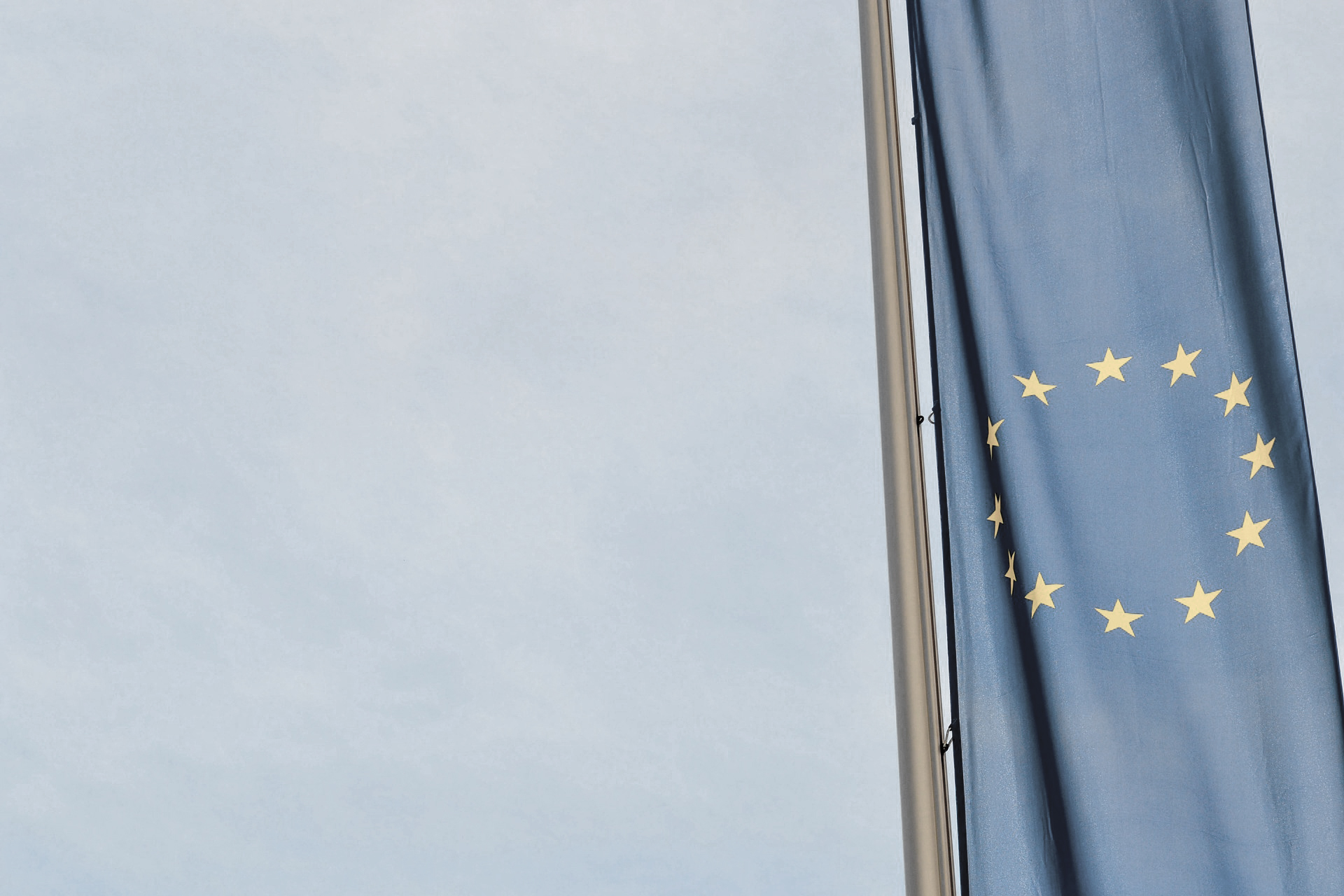Study on Energy Savings Scenarios 2050

This study from Fraunhofer Institute provides an assessment of national potentials for energy savings by 2050, under three different scenarios. The study includes an update of the techno-economic energy savings potentials and develops scenarios focusing on changes in life-style, the impact of digitalization of a shared economy and other “New societal Trends”. The study shows that the EU energy efficiency target for 2030 should be at least 40%.
RELATED ARTICLES
Planning for the 2023 EED: are EU countries up to the task? Updated analysis, April 2024
The update of the National Energy and Climate Plans (NECPs) is a pivotal first step to ensuring that the objectives of the Fit For 55 Package and REPowerEU are met and the revised legislation, including the 2023 Energy Efficiency Directive (EED), is correctly...
2040 Climate Target: No decarbonisation without energy savings.
On February 6, the European Commission published the communication on the 2040 climate target accompanied by an Impact Assessment (IA). It recommends that the EU cuts its greenhouse gas (GHG) emissions by a net 90% by 2040. The below briefing reviews how energy...
Planning for the 2023 EED: Are EU countries up to the task?
With only seven years to achieve the new 2030 EU energy efficiency target, national measures to implement the Energy Efficiency Directive (EED) must be put in place without delay to accelerate energy saving actions across sectors. While the 2023 EED has just entered...
